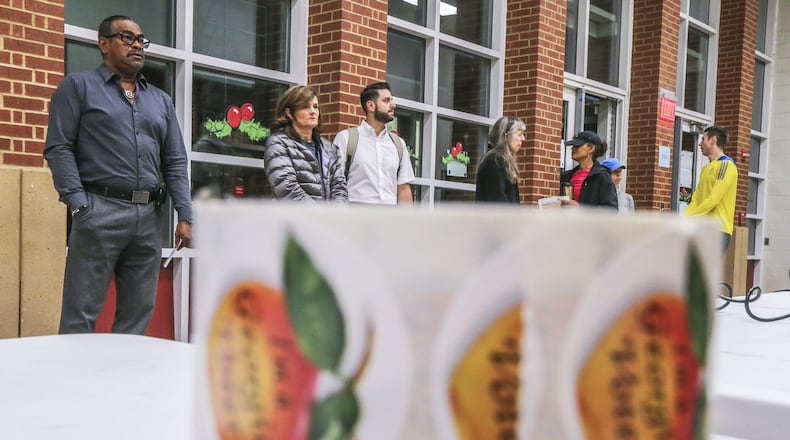Nov. 18, 2015 — Georgia Secretary of State Brian Kemp acknowledges that his office a month earlier had illegally disclosed the Social Security numbers and other private information of more than 6 million registered voters. Kemp said the data, in what he described as a "clerical error," went to 12 organizations who regularly subscribe to "voter lists" maintained by the state. He said Georgia's voter registration system had not been compromised by the problem, which became public after two voters filed a class-action lawsuit alleging a massive data breach.
Dec. 14, 2015 — A report released by the Secretary of State's Office and the state Department of Human Resources blames an employee in the Secretary of State's Office for the error that disclosed the personal information of the voters. The report found that a longtime state programmer named Gary Cooley had flouted office protocol and policy within the office. He was fired.
Aug. 29, 2016 — Kemp turns down an offer from the federal government to help prevent hackers from manipulating the November presidential election. In an interview with Politico, Kemp accuses President Barack Obama's administration of playing up warnings over cyberthreats. "It seems like now it's just the D.C. media and the bureaucrats, because of the (Democratic National Committee) getting hacked — they now think our whole system is on the verge of disaster because some Russian's going to tap into the voting system," Kemp told Politico. "And that's just not — I mean, anything is possible, but it is not probable at all, the way our systems are set up."
March 3, 2017 — The FBI opens an investigation after it appears as many as 7.5 million Georgia voter records may have been compromised for the second time in as many years following an alleged breach at Kennesaw State University's Center for Election Systems. State officials found out about the breach the day before after being notified by the university.
March 31, 2017 — Kennesaw State says federal investigators have determined that a "security researcher" was behind the data breach at the Center for Election Systems and his probing of the system broke no federal law. Officials did not name the researcher, who is believed to have contacted the center at least twice — including once before the presidential election — to notify it about the server's vulnerabilities and apparently draw attention to them.
July 14, 2017 — Georgia decides to move all its elections work in-house after a series of security lapses forced it step away from its relationship of 15 years with KSU's Center for Election Systems. The Georgia Secretary of State's Office opts to build its own team to run the state's elections — work the KSU center had done.
Nov. 4, 2018 — Kemp, two days before the governor's election in which he's the Republican candidate, launches an investigation into the Democratic Party of Georgia after an alleged attempt to hack the state's voter registration system. He presents no evidence linking the party to the attempted hack. The Democratic Party of Georgia calls the allegation "100 percent false" and "an abuse of power" by Kemp's office. The allegation arose from concerns raised by a computing expert that anyone's voter registration information could be obtained from the state's My Voter Page and voter registration site.
About the Author




